Description
How They Work
A screw pump consists of a rotor with helical lobes that mesh with a stationary stator. As the rotor turns, it creates cavities within the stator. These cavities fill with fluid and are then carried along the length of the pump, discharging the fluid at the outlet.
Advantages of Screw Pumps
- Handles high viscosity fluids: Screw pumps excel at handling highly viscous fluids, such as sludge, asphalt, and chocolate.
- Gentle fluid handling: Minimal shear stress on the fluid, making them suitable for delicate materials.
- Self-priming: Can operate without a full suction line filled with liquid.
- Handles solids: Can pump fluids containing solids, including slurries and abrasives.
- Variable flow rates: Can provide a wide range of flow rates by adjusting the pump speed.
Applications
- Oil and gas industry: For pumping crude oil, drilling mud, and other viscous fluids.
- Chemical processing: For handling corrosive and abrasive fluids.
- Food and beverage industry: For pumping thick liquids like chocolate, honey, and sauces.
- Wastewater treatment: For pumping sludge and other viscous materials.
- Mining industry: For pumping slurry and tailings.



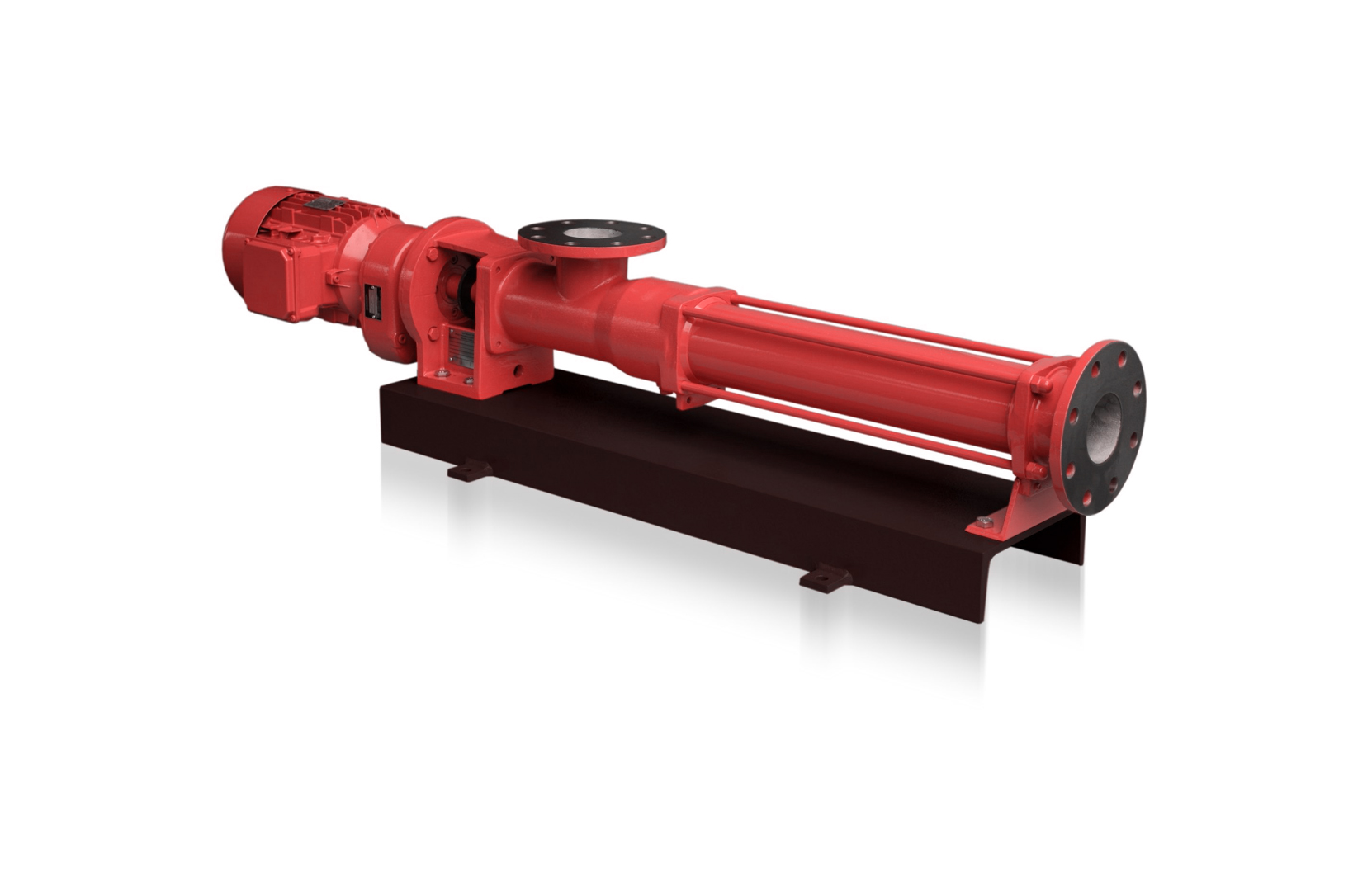
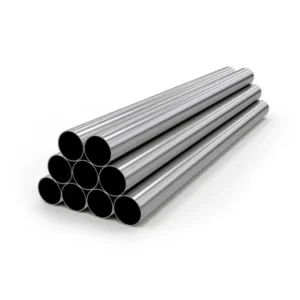
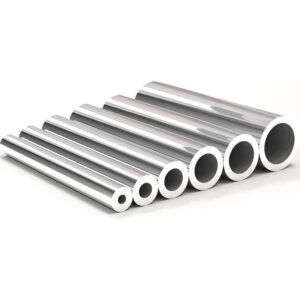
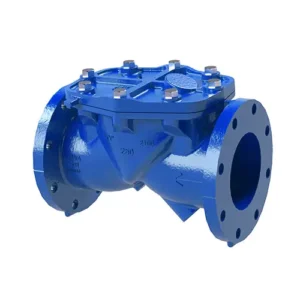
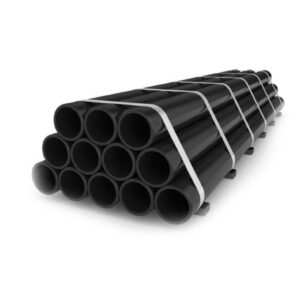
Reviews
There are no reviews yet.